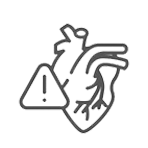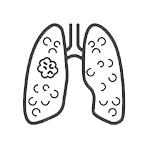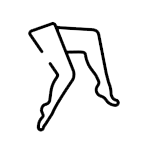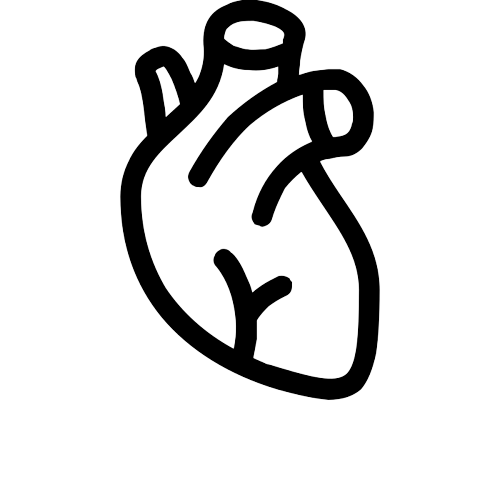Arrythmias
An arrhythmia is a condition that alters the heartbeat’s pace or rhythm. Your heart rate may be too quick (tachycardia), too sluggish (bradycardia), or irregular in the pattern.
Q & A
What exactly is arrhythmia?
An arrhythmia is a condition that alters the heartbeat’s pace or rhythm. Your heart rate may be too quick (tachycardia), too sluggish (bradycardia), or irregular in pattern.
Supraventricular tachycardia is a disorder that produces very rapid heartbeat owning to abnormal circuity of electric wiring of the heart. Atrial fibrillation, a disorder that produces an erratic, rapid heartbeat owing to abnormal contractions of the upper chambers of the heart, is one of the most prevalent kinds of arrhythmia. Some arrhythmias such as premature atrial or ventricular contraction are early heart beats and harmless. Ventricular tachycardia is an excessively rapid heart rate form the lower chambers of the heart. Ventricular fibrillation, or erratic contraction of the lower heart chambers is life-threatening and can cause rapid cardiac death.
Why do arrhythmias occur?
A healthy heart beats between 60 and 100 times each minute. The transmission of electrical impulses from the atrium to the ventricles initiates the heartbeat. Arrhythmias are caused by interference or malfunction in the heart’s electrical impulses. As a result, your regular blood flow to the rest of your body is disrupted since your heart is not pumping as effectively. Lack of blood reaching your brain, lungs, and other organs results in a range of symptoms.
What symptoms are associated with arrhythmia?
In addition to a slow or rapid pulse, you may also suffer heartbeat skipping. Additionally, you may experience symptoms such as sweating, chest pain, shortness of breath, palpitations, lightheadedness, dizziness and in some instances, loss of consciousness or fainting.
How is arrhythmia identified?
Using ambulatory electrocardiogram or holter monitor is one of the most effective methods to learn about your heart’s activity. This wearable gadget captures vital information on your heart rate and rhythm for up to 48 hours. Furthermore, variations in the heart rate and blood pressure in various bodily positions and angles can be examined using tilt table testing. Some individuals may require an electrical assessment of the heart. This procedure, known as an Electrophysiology Study, involves the placement of wires in the heart and stimulate the electric circuity of the heart to study the electrical activity and determine the etiology of the arrhythmia.
What therapeutic options exist for arrhythmias?
In the majority of instances, the team treats arrhythmias with medications and lifestyle changes. Alcohol and caffeine, which can promote an irregular heartbeat, should be avoided or used in moderation. Smoking and vigorous exercises may need to be avoided. If your arrythmia is not controlled on medications or you desire to eliminate the need for medications, you may consider sophisticated technology and ablation procedure to eliminate the arrythmia.
Do not overlook arrhythmia symptoms. Find out what is the underlying etiology and work with a cardiologist to build a personalized treatment plan to manage your condition and alleviate symptoms as well as to avoid a stroke, heart failure, and death.















